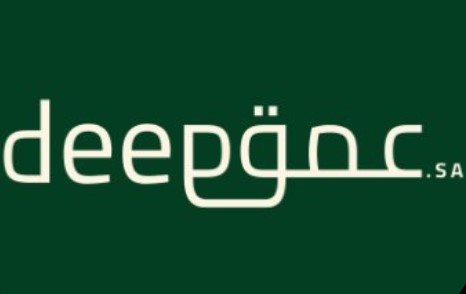
Riyadh – Sharikat Mubasher: Saudi Arabia’s non-oil private sector maintained steady momentum in May, with the Riyad Bank Saudi Arabia PMI edging up to 55.8 from 55.6 in April, according to the PMI report issued by S&P Global.
The headline index, based on surveys of purchasing managers across key sectors, tracks changes in new orders, output, employment, supplier delivery times, and stocks of purchases. A reading above 50.0 signals growth.
The improvement was largely driven by a sharp acceleration in new order growth, which rebounded from April’s eight-month low. Businesses attributed the rise to stronger demand, new project launches, and enhanced marketing efforts. Confidence levels also strengthened, with outlook optimism reaching its highest since late 2023.
Commenting on the data, Naif Al-Ghaith, Riyad Bank’s Chief Economist, noted that while output growth softened to its slowest pace since September 2024, overall activity remained resilient. He said firms reported rising demand, more project starts, and improved labor capacity. Al-Ghaith added that hiring remained strong, purchasing activity accelerated, and expectations for future business conditions improved significantly.
Despite rising input costs, driven by higher raw material prices, businesses lowered selling prices due to stiff competition, particularly in the services sector. The report reflects a stable and confident non-oil economy poised for continued expansion into the second half of 2025.
The Riyad Bank Saudi Arabia PMI® is compiled by S&P Global from responses to questionnaires sent to purchasing managers in a panel of around 400 private sector companies. The PMI is a weighted average of five indices: New Orders (30%), Output (25%), Employment (20%), Suppliers’ Delivery Times (15%), and Stocks of Purchases (10%).









